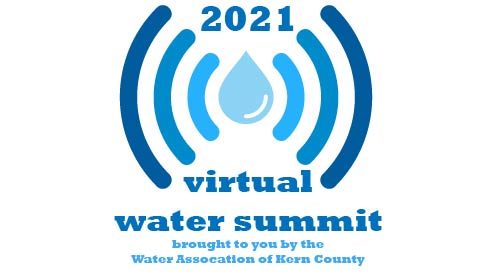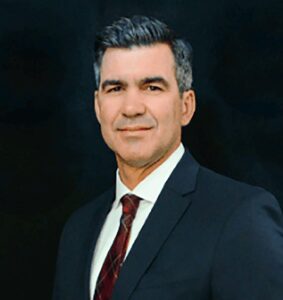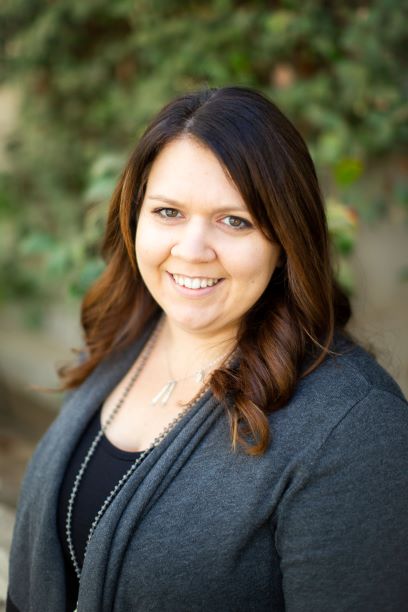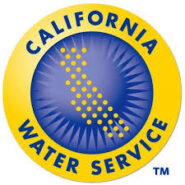Kern Subbasin deemed inadequate
Sacramento, Calif. – The Department of Water Resources (DWR) today announced decisions for groundwater sustainability plans (GSPs) for 12 critically overdrafted groundwater basins in Central California. These plans provide a roadmap for how groundwater basins will reach long-term sustainability, while implementing near-term actions such as expanding monitoring programs, reporting annually on groundwater conditions, implementing groundwater recharge projects and designing allocation programs.
Of the 12, plans for six basins are recommend for approval with recommended corrective actions for the basins to remain in an approved status. The remaining six basins are deemed inadequate and are transitioning from DWR’s oversight to the State Water Board for State intervention under the Sustainable Groundwater Management Act (SGMA). Adopted in 2014, SGMA requires local groundwater sustainability agencies (GSAs) in medium- and high-priority groundwater basins, which includes 21 critically overdrafted basins, to develop and implement GSPs.
DWR recommends approval of plans for the following basins:
- Cuyama Basin in Santa Barbara, San Luis Obispo, Ventura and Kern counties
- Paso Robles Subbasin in San Luis Obispo County
- Eastern San Joaquin Subbasin in San Joaquin County
- Merced Subbasin in Merced County
- Westside Subbasin in Fresno and Kings counties
- Kings Subbasin in Fresno County
DWR deemed the following basin plans Inadequate:
- Chowchilla Subbasin in Madera and Merced counties
- Delta-Mendota Subbasin in San Joaquin, Stanislaus, Merced, Fresno, Madera, and San Benito counties
- Kaweah Subbasin in Tulare and Kings counties
- Tule Subbasin in Tulare County
- Tulare Lake Subbasin in Kings County
- Kern Subbasin in Kern County
GSAs are required to begin implementing their plans as soon as they are adopted locally, and these activities will continue even if basins are under State intervention. These plans will help local agencies address conditions that negatively impact groundwater within 20 years such as groundwater overdraft, degraded groundwater quality, land subsidence, and impacts to drinking water well users.
The GSAs whose plans are recommended for approval conducted critical analysis of groundwater levels, water quality and inter-connected surface waters to develop and refine sustainable groundwater management criteria. While additional analytical work is needed during implementation, DWR deemed the framework for management sufficient under the law.
“Since the onset of SGMA, local agencies have stepped up with dedication and progress in meeting critical milestones,” said DWR Director Karla Nemeth. “Protecting domestic wells, minimizing land subsidence and protecting groundwater resources are all State priorities. Implementation of these plans, which will require difficult adjustments as we go, will ultimately provide a safe and reliable groundwater supply for communities for generations to come.”
The basins deemed inadequate by DWR did not appropriately address deficiencies in how GSAs structured their sustainable management criteria. The management criteria provide an operating range for how groundwater levels prevent undesirable effects such as overdraft, land subsidence and groundwater levels that may impact drinking water wells, within 20 years. These GSAs did not analyze and justify continued groundwater level declines and land subsidence. Further, the GSPs lacked a clear understanding of how the management criteria may cause undesired effects on groundwater users in the basins or critical infrastructure.
In January 2022, after technical evaluation, DWR found the plans in these 12 critically overdrafted basins to be incomplete, identifying significant deficiencies that precluded approval. The GSAs had 180 days to correct the deficiencies and revise and resubmit their plans to DWR for re-evaluation, consistent with the regulations.
The basins with plans recommended for approval will continue to work with DWR and report on their progress in implementing their plans and completing corrective actions. DWR will transmit each basin deemed inadequate to the State Water Board, which may designate the basin probationary after providing public notice and then holding a public hearing. Any probationary designation will identify the deficiencies that led to intervention and potential actions to remedy the deficiencies. At the hearing, interested parties will have the opportunity to provide comments and technical information to the State Water Board regarding the deficiencies that were identified in the plans. Each basin is unique and will be evaluated individually by the State Water Board. State intervention and oversight is a critical step in making sure these basins succeed in achieving sustainable groundwater conditions. The ultimate goal is to have all basins return to local management with a clear path on how to achieve sustainability within 20 years of their original plan submittal.
DWR supports local agencies by providing planning, technical and financial assistance to help GSAs and local communities in this long-term effort to sustainably manage their groundwater basins. The critically overdrafted basins each received $7.6 million in Sustainable Groundwater Management grant funding to help them implement their plans. Complementary funding programs like DWR’s LandFlex program, state drought assistance programs, and the California Department of Conservation’s Multibenefit Land Repurposing program are helping the most critically overdrafted areas of the state reduce their dependence on groundwater and fast-track progress in reaching local sustainability goals.
Out of a total of 94 groundwater basins required to submit plans under SGMA, DWR has provided determinations for 24 basins and is currently reviewing an additional 61 plans from 59 of the state’s high- and medium- priority basins that were submitted to DWR in January 2022. DWR anticipates issuing determinations for the remaining basins throughout 2023.


 ty Water Summit!
ty Water Summit! 








